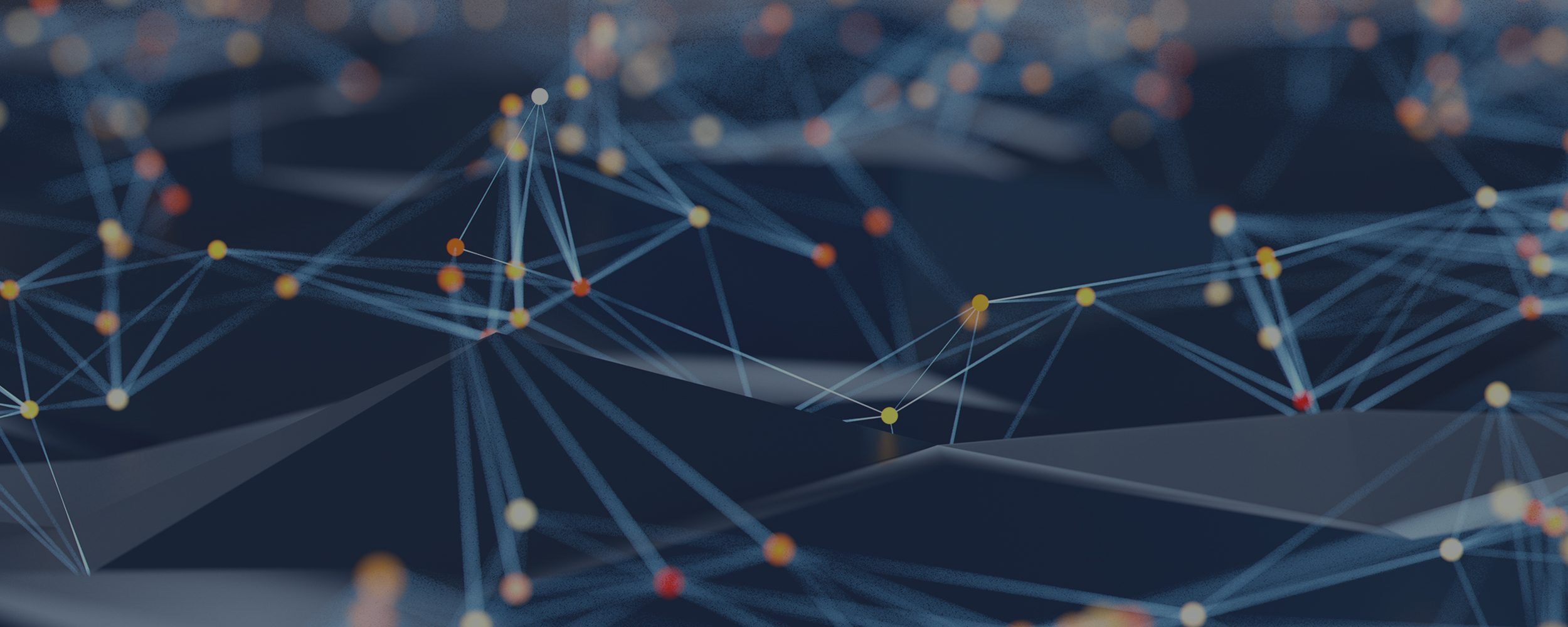 A company’s success is closely tied to the quality of its employees, but a flawed interview process can disrupt this balance and undermine overall performance. JR Keller, associate professor of human resource studies at the Cornell ILR School, identified five key strategies to conduct better interviews that lead to more effective hiring.
A company’s success is closely tied to the quality of its employees, but a flawed interview process can disrupt this balance and undermine overall performance. JR Keller, associate professor of human resource studies at the Cornell ILR School, identified five key strategies to conduct better interviews that lead to more effective hiring.
1. Reduce the candidate’s anxiety.
According to a 2020 survey conducted by JDP, 93% of Americans reported experiencing interview-related anxiety, with 29% ranking interviews more nerve-wracking than a first date or doctor appointment. To ease this tension, Keller recommends clearly communicating with a job applicant well before their interview.
Disclosing who will participate in the interview is beneficial as it allows interviewees to look up their interviewer on LinkedIn. Likewise, telling prospective employees the interview timeframe and whether it will be in person, over the phone or on a platform such as Zoom helps them prepare better and manage their expectations.
Another tip recruiters should consider is providing candidates with a set of interview questions in advance so that they can prepare their answers to showcase their skills and abilities applicable to the job. “In the 2020 JDP study, the number one thing people were nervous about going into interviews was answering a difficult question. They’re really worried about ‘gotcha’ questions, and there shouldn’t be ‘gotcha’ questions in an interview,” Keller said.
“If you reduce candidate anxiety, they will come into their interview prepared to speak confidently about their skills, knowledge and abilities, and they’re going to perform better in the interview,” Keller said, noting that the better the candidate’s recruitment experience, the more likely they are to accept a job offer.
2. Value the candidate’s time.
With the average corporate job attracting 250 resumes, recruiters can be overwhelmed by the sheer number of candidates they must interview. That said, interviewers should respect each and every interviewee’s time, as the way they treat applicants during an interview is indicative of how applicants will be treated as employees.
Prospective employees have limited information to help them choose which company they want to work for. Consequently, if a hiring manager is late to an interview, the candidate may view the tardiness as a forewarning of why they shouldn’t work at the company. Keller offers two tips to give candidates the time they deserve: Don’t be late and don’t be distracted.
“If you have a 30-minute interview that starts at 1 p.m., block your calendar starting at 12:45 p.m., so you have time to read through your questions and review the candidate’s resume,” Keller said. “An interview should not be the first time you look at a resume. That’s not the impression you want to give candidates.”
3. Create quality interview questions.
An interview question intended for a software engineer position is likely different from a question designed for an editorial job. However, Keller argues that the common characteristic of a good interview question is its ability to predict performance in a particular job.
Borrowing from Mark Horstman’s book, “The Effective Hiring Manager,” Keller suggests recruiters follow a three-step process to craft an effective behavioral interview question: the helpful lead-in, asking for an expansive answer and ensuring the question relates to a behavior the job requires.
The helpful lead-in is a statement preceding the actual question. Its goal is to give interviewees a realistic job preview by subtly implying what the job requires. Then, combine steps two and three to create an open-ended situational question — typically beginning with “Tell me about a time when” or “Give me an example of” — that allows the candidate to demonstrate the skill or ability applicable to the job.
In addition to knowing how to formulate a good question, interviewers should also know which questions to avoid. Keller strongly advises hiring managers to steer clear of illegal questions (marital status, religion, etc.), brainteasers and questions like “What’s your greatest weakness?” and “Where do you want to be in five years?” A valuable alternative to the latter question is, “What skills do you want to develop over time?”
4. Ensure consistency in your approach.
With 24% of hires made internally and 42% of workers obtaining their jobs via personal connections, it’s essential that hiring managers approach each interview — regardless of who the candidate is — with a standardized process. Not only does this ensure fairness and equity, but it also allows prospective employees to be evaluated on a level playing field.
Though many recruiters find structured interviews tedious, Keller explains they are the best predictor of performance in an interview setting. According to Keller, structured interviews are formatted so that a list of questions prepared in advance, which are tied to the knowledge, skills and abilities related to the job, are asked of all candidates being interviewed for a position: “The reason this is so effective is because you are collecting job-relevant information about each of the candidates you’re interviewing so you can make apples-to-apples comparisons when it comes time to decide who you want to hire.”
However, hiring managers should not be robotic and ask each interviewee the exact same questions in the exact same tone. “If that’s the approach you want to take, you can just use HireVue or some other pre-recorded video interviewing software,” Keller said.
The key to a lively structured interview is asking each candidate similar questions in a similar manner, allowing for variety across interviewers while ensuring that every candidate has a comparable experience within their interviews.
5. Develop a comprehensive evaluation plan.
After an interview concludes, it’s important to have a detailed evaluation plan in place. This includes preparing a rubric in advance to determine which aspects of the candidate’s performance will be evaluated, how they will be scored and how notes and data will be documented to facilitate comparison when making the final hiring decision.
Keller emphasizes the importance of rating candidates individually and avoiding sharing notes with team members to maintain objectivity. “Complete the rubric right away, before you’ve had a chance to talk to anybody on your team who might have interviewed that candidate. This way, your evaluations remain independent and aren’t influenced by the water cooler gossip that’s bound to happen later in the day,” he said.
Keller admits that completely avoiding the discussion of candidates is difficult in practice. For this reason, he encourages hiring teams to convene either on the same day as interviews or within the same week to ensure that teams gather information promptly and make timely decisions without the complications of evaluating candidates at different times.
By gathering everyone’s input within a short timeframe, teams can maintain consistency and coherence in their evaluation process, leading to more informed and efficient hiring decisions.
For more information on effective interview practices, experience the full Keynote for “Five Essential Tips for Interviewers: Connecting With Candidates and Making Smart Hiring Decisions” on the eCornell website.
Learn more in Cornell’s online human resources certificate programs, including the Diversity, Equity and Inclusion: Building a Diverse Workforce certificate authored by JR Keller. Be sure to also check out JR Keller’s previous Keynote “Internal Talent Mobility: Posting, Slotting and Hoarding.”





 Picture a colleague grappling with a tough decision — they’re probably feeling the weight of uncertainty and pressure. In such moments, it’s tempting to step in with solutions or advice. But real support means resisting that urge, putting your own ideas aside and listening carefully to understand their concerns, priorities and the help or reassurance they seek.
Picture a colleague grappling with a tough decision — they’re probably feeling the weight of uncertainty and pressure. In such moments, it’s tempting to step in with solutions or advice. But real support means resisting that urge, putting your own ideas aside and listening carefully to understand their concerns, priorities and the help or reassurance they seek.
 Marketing can sometimes feel abstract and uncertain, yet professionals in the field must meet the challenge of justifying their expenditures and linking them to key performance indicators each day.
Marketing can sometimes feel abstract and uncertain, yet professionals in the field must meet the challenge of justifying their expenditures and linking them to key performance indicators each day.
 A company’s success is closely tied to the quality of its employees, but a flawed interview process can disrupt this balance and undermine overall performance. JR Keller, associate professor of human resource studies at the Cornell ILR School, identified five key strategies to conduct better interviews that lead to more effective hiring.
A company’s success is closely tied to the quality of its employees, but a flawed interview process can disrupt this balance and undermine overall performance. JR Keller, associate professor of human resource studies at the Cornell ILR School, identified five key strategies to conduct better interviews that lead to more effective hiring.